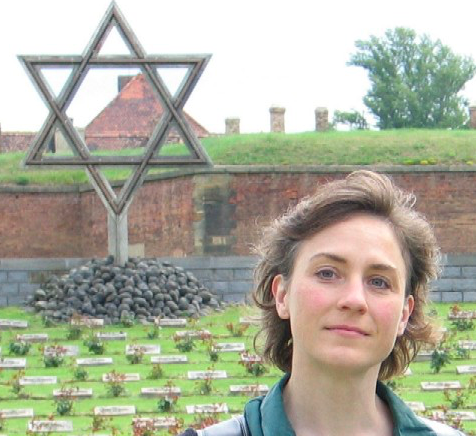Major: English

Graduation Year: 1989
Location: Czech Republic
What have you done since graduating from UW-Madison?
I worked as a technical writer for a few years, a teacher of English as a second language for a few years, a university administrator for a few years and then returned to graduate school for a master’s degree in playwriting and then a PhD in theater history.
What motivated you to study these languages?
My mother had studied German but had never become fluent. I found her old notebooks and became interested in it.
How have these languages enriched your life?
My knowledge of German made it possible for me to embark on the project which has become my main focus of research: a study of theatrical performance in the World War II ghetto at Theresienstadt. Learning German also gave me the confidence to take on Czech, another indispensable language for this project. For the past ten years I have been studying scripts written by Czech, German and Austrian Jews in the ghetto and have been interviewing survivors to find out why they chose theatrical performance as a way to deal with the crisis they faced.
What do you remember about your UW language classes? How were they different from other classes you took?
Language classes were different because they were so immediately applicable- you learned a skill you could practice right away.
How valuable were your out-of-classroom experiences?
My study abroad program opened up possibilities that I had never dreamed of and that ultimately changed the direction of my life. I spent a year in Bonn in 1987-88, when Germany was still divided. I hoped I would learn German; by the end of the year I had not only learned German but had visited several European countries, including Czechoslovakia, and had realized that I could adjust to living in another country long-term. This realization led to years abroad teaching English in Spain and the Czech Republic and eventually to my doctoral study.
What is your favorite word or phrase in a language you know?
Anabaze (from the Greek anabasis, meaning “going up;” also the title of the famous work in ancient Greek by Xenophon about the Persian War).